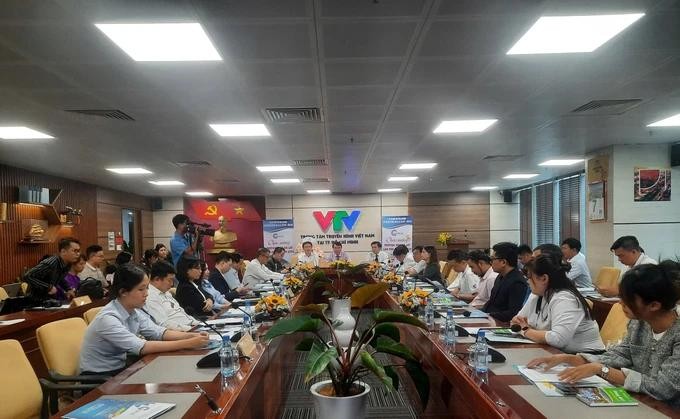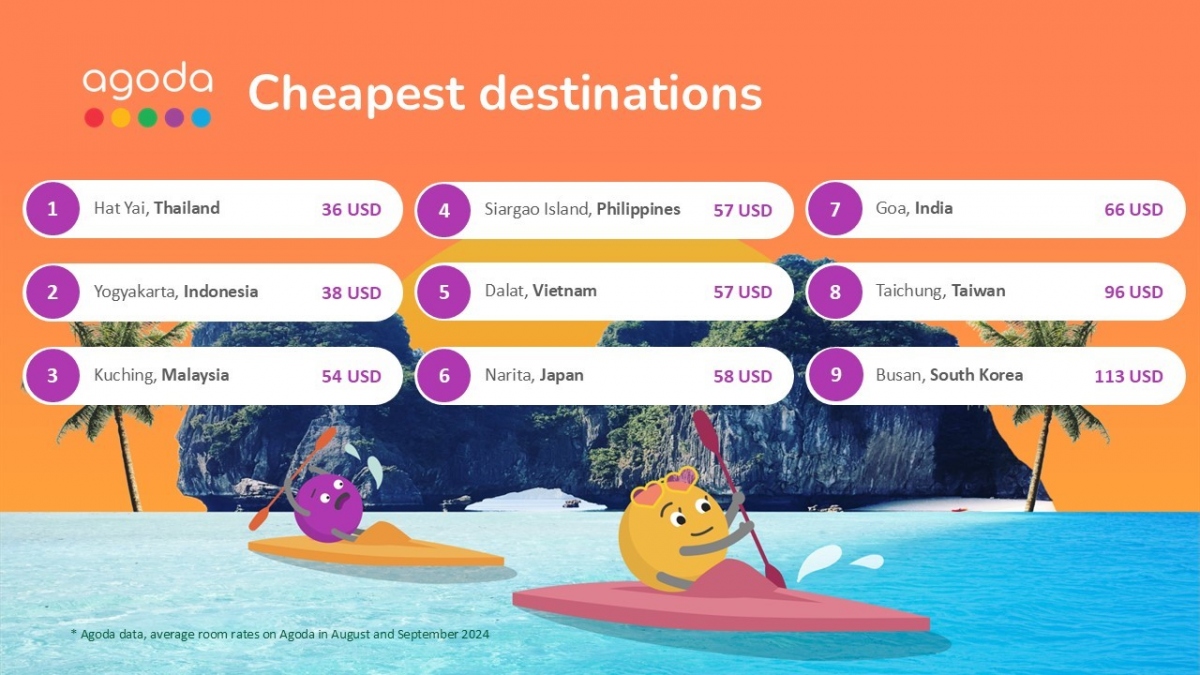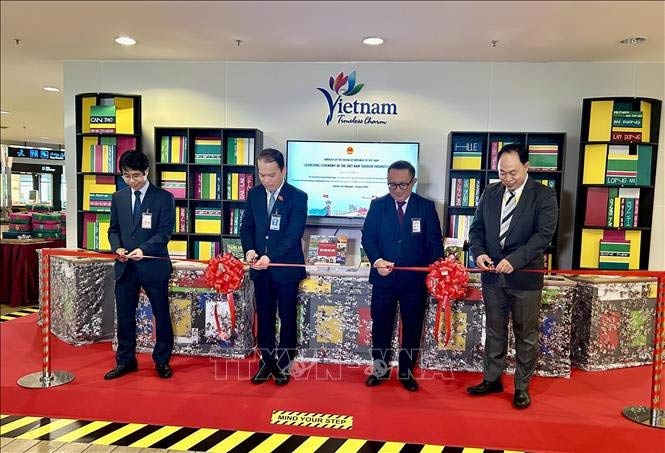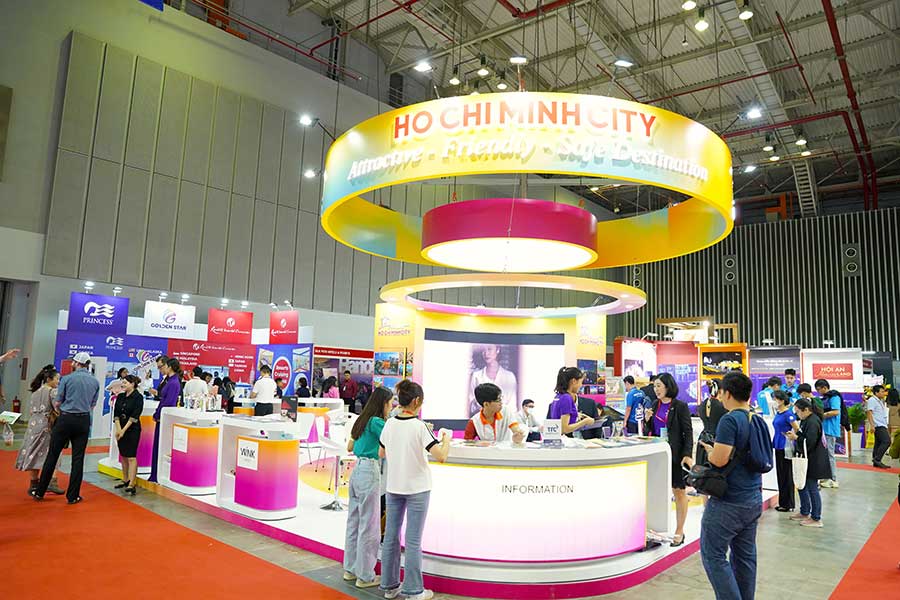Boasting a special geographical location in the world’ dynamic development area, Vietnam holds advantages of geo-economics to boost production and exports activities, as well as logistics services, said Deputy Minister of Industry and Trade Nguyen Sinh Nhat Tan.
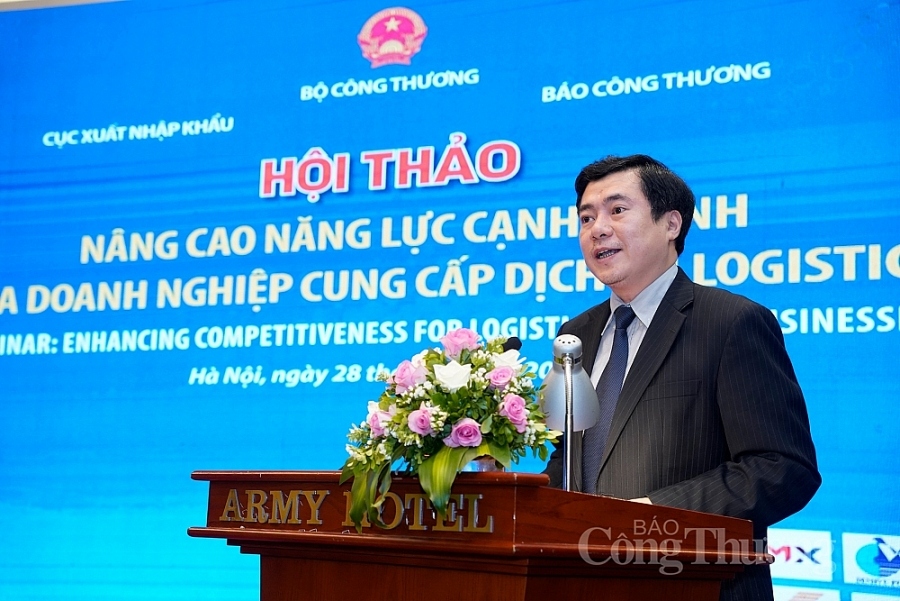
Deputy Minister of Industry and Trade Nguyen Sinh Nhat Tan addresses the event (Photo: congthuong.vn)
Addressing a seminar themed “Enhancing competitiveness of logistics service businesses" in Hanoi on April 28, Tan noted Vietnam has so far signed a number of new-generation free trade agreement (FTAs) with key bilateral and multilateral partners across the globe to facilitate its trade.
Such FTAs as the Comprehensive Partnership Agreement and Trans-Pacific Progress (CPTPP), the EU-Vietnam Free Trade Agreement (EVFTA), and the Regional Comprehensive Economic Partnership (RCEP) cover high levels of commitments on opening he market across multiple fields, including service, investment, and intellectual property, he said.
The trade official highlighted Vietnamese achievements in import and export activities last year, with total trade turnover reaching US$668.55 billion, making Vietnam enter the top 20 economies in terms of international trade.
He partly attributed the gains to contributions made by the logistics industry, adding that despite facing an array of COVID-19 challenges, local logistics firms have basically maintained their supply chains in a sustainable manner.
Simultaneously, he said domestic businesses have exerted great efforts in a bid to modernise technology in order to improve overall service quality and diversify services, thereby overcoming the difficulties caused by the pandemic.
It’s noteworthy that Vietnam has moved up three places to eighth among the top 10 in the Emerging Markets Logistics Index 2021 compiled by Agility, one of the world’s top freight forwarding and contract logistics providers.
Despite these strong developments in recent times, the logistics sector continues to face a number of hurdles, said Deputy Minister Tan.
According to data compiled by the Vietnam Logistics Business Association, 90% of operating logistics firms are currently Vietnamese enterprises which account for approximately 30% of the overall market share.
Though a large number of enterprises get involved in the local market, most of them are small and face limitations in terms of both capital, human resources, and a general lack of international experience, he stressed.
Moreover, there are no linkages between stages in the logistics supply chain and among logistics service providers and import and export enterprises, he noted.
He expected that the seminar would put forth solutions aimed at resolving the industry’s bottlenecks and making breakthroughs moving forward in the context that the national economy is recovering strongly from the COVID-19 pandemic.
https://english.vov.vn/






